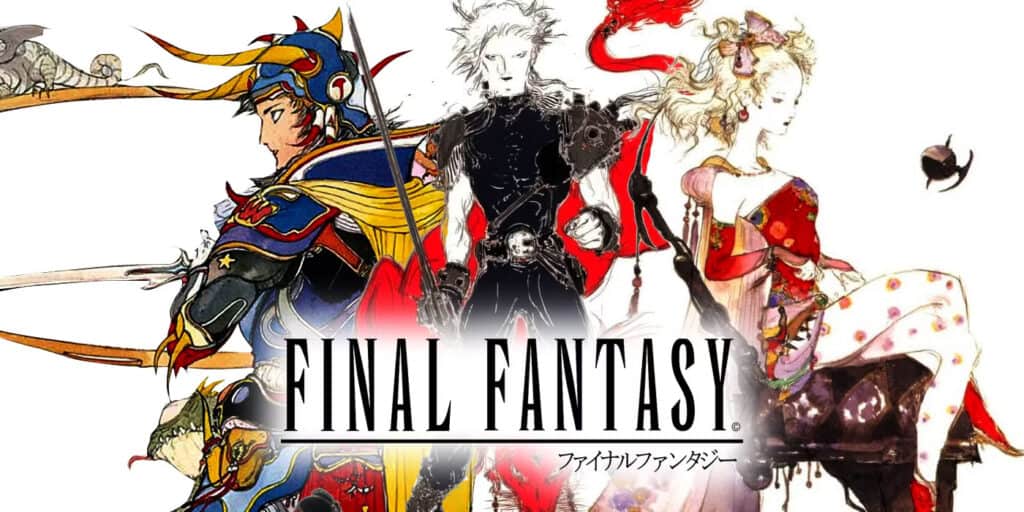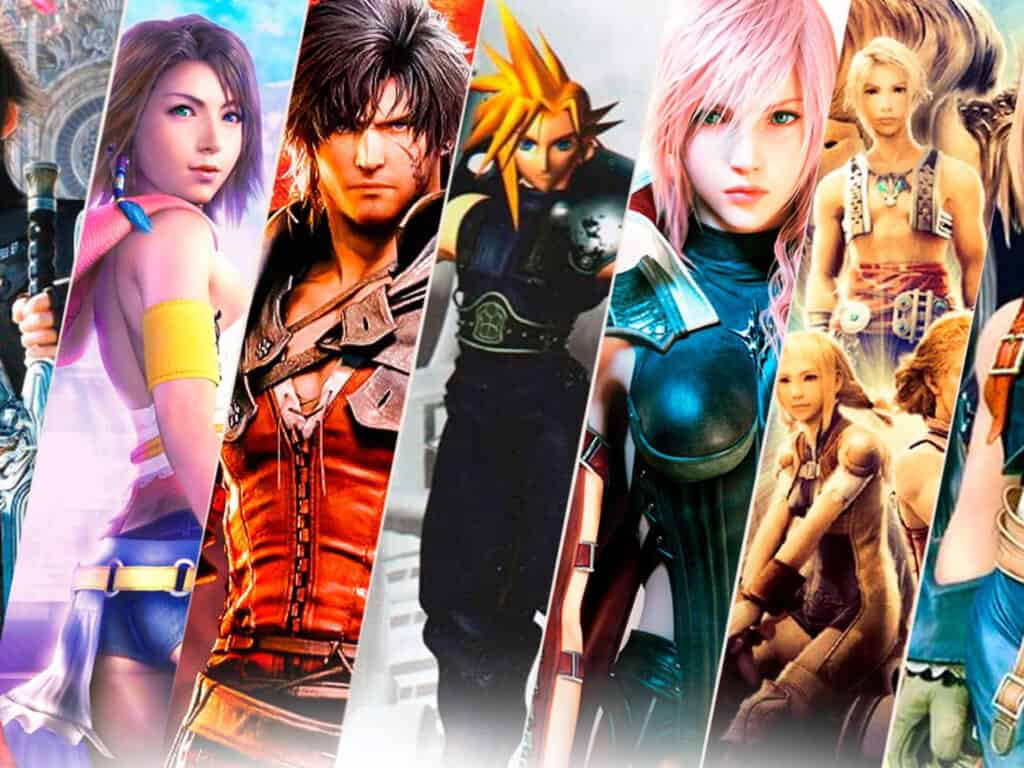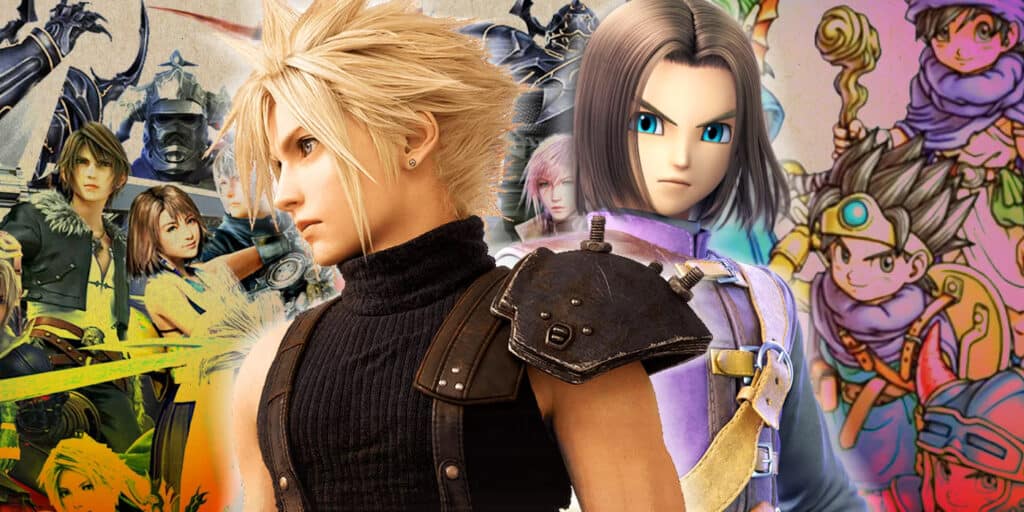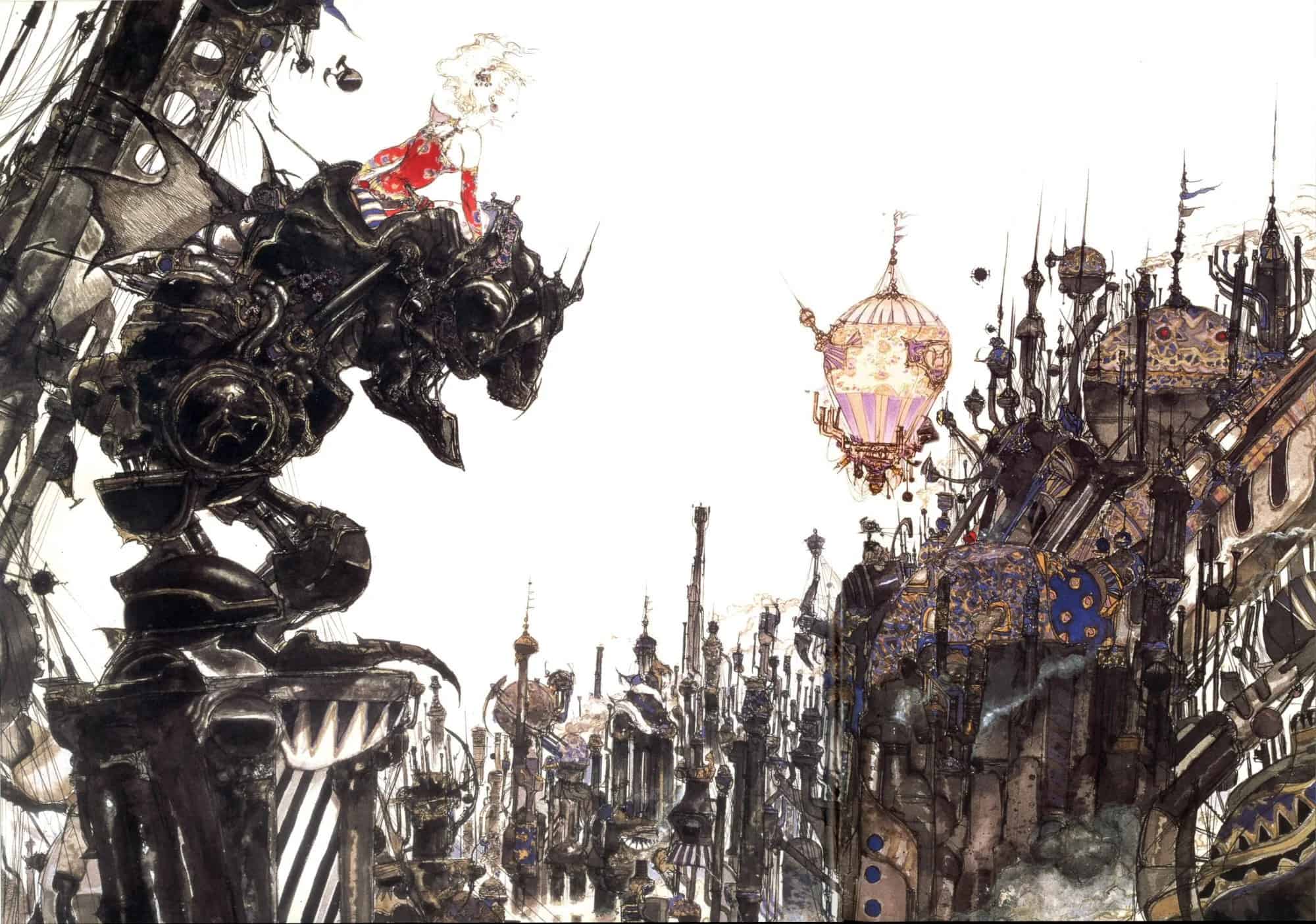For anyone unfamiliar with the franchise or having existed on its periphery over the last 36 years, the naming convention of calling each game in the series “Final Fantasy” has got to be somewhat confusing. After all, with 16 mainline entires and dozens of spin-off titles, it doesn’t make much sense to have the name of the series sound so terminal. The truth is that series creator Hironobu Sakaguchi had a very clear intention when naming the first game in the series “Final Fantasy.” In addition to the thematic relevance of the name to the structure of each title, the game was Sakaguchi’s final attempt at making a successful game before walking away from the industry.
As it turns out, Final Fantasy would be a massive success, arriving hot on the heels of the release and widespread success of Dragon Quest. Together, the two series defined the characteristics of Japanese-developed RPGs (JRPGs) and continue to be some of the industry’s longest-running and most successful RPG franchises. That said, the two could argubaly not be more different, and a large part of the delineation between Final Fantasy and Dragon Quest rests as much on the anthologic nature of the former as it does on the lighter-hearted and more whimsical tone of the latter.
If It’s a “Final Fantasy”, Why Are There 16 of Them?

It’s a classic “dad joke” that’s probably been around as long as the series’ existence — “Why call it ‘Final Fantasy’ when there’s more than one?”. The eye-rolling and groan-inducing jesting aside, there is a point in the jab against the series, as it makes little sense for there to be 16 “final fantasies” in the context of the games coming from a connected mythology. But therein lies the rub — the Final Fantasy series is anthological in nature, with each game taking place in an entirely different world and featuring a brand new cast of heroes and villains.
Sakaguchi himself gives reason for the game’s naming beyond the history of the franchise as his “last attempt” at becoming a successful game developer. The original intention of naming the series Final Fantasy comes from the idea that each game presents the last adventure for its repsective world, with the games’ heroes facing off against seemingly insurmountable odds on a planet-saving mission. With each game featuring a brand new group of heroes and taking place on separate worlds, the title of Final Fantasy makes perfect sense, and it also helps to provide the series with one of the most varied and iconic casts of protagonists and antagonists in all of gaming.
How Final Fantasy’s Anthologic Nature Sets It Apart

Contrary to most other RPG series, Final Fantasy is distinctly lacking in games that are direct sequels or continuations of long-running stories and mythology. Looking at how Final Fantasy stacks up to contemporaries like Dragon Quest or even newer RPG series like Persona and the Trails series, and it immediately sets it apart in terms of the freedom each game has to tell its own independent narrative that’s not beholden to years of narrative development. With the one exception of Final Fantasy XIV, which has been steadily building its mythology for a decade since the A Realm Reborn relaunch, each game in the Final Fantasy series is free to tell its own unique story separate from the rest of the series.
While not every game in the Dragon Quest or Bandai Namco’s popular Tales series are connected, there are several entries that connect to one another as parts of an overarching saga. Final Fantasy also has some of its titles receiving direct sequels, but these games are more outliers in the series than the norm. And even then, most of the direct sequels to mainline Final Fantasy titles are vastly different experiences than the games they follow, occasionally not even being RPGs. In comparison with most other RPG series, Final Fantasy‘s anthological nature is unique. And, in addition to the freedom it affords each game’s writers in the stories they tell, it also opens up the gameplay of each new entry to experiment with different mechanics.
Separate Worlds or Interconnected Sagas?

The anthology approach to Final Fantasy allows each game in the series to stand on its own while also inviting comparisons to past entries, opening up plenty of opportunity for fans to discuss and debate the merits of each title. The same can be said of Dragon Quest and other contemporaries, but thanks to the interconnected nature of several games in the series, Dragon Quest is comparatively “safe” when stacked up against the likes of Final Fantasy. The first three games in the series follow the line of legendary hero Erdrick, with the next batch of sequels all falling into what is now known as the Zenithian Trilogy. Each of these games play very similar to one another, and the Dragon Quest series is one that fans associate with being “RPG comfort food” as a result.
Comparatively, Final Fantasy radically switches up both its story, themes, and gameplay from entry to entry. Each game in the Final Fantasy series undoubtedly has characteristics that connect it to the franchise at-large, but the anthology approach gives developers freedom to experiment where it counts while also expanding an ever-growing cast of incredible characters. Final Fantasy‘s anthological nature has ultimately aided the series in establishing itself as the premier name in video game storytelling and is also partly responsible for some of the most important and impactful characters in the medium.
